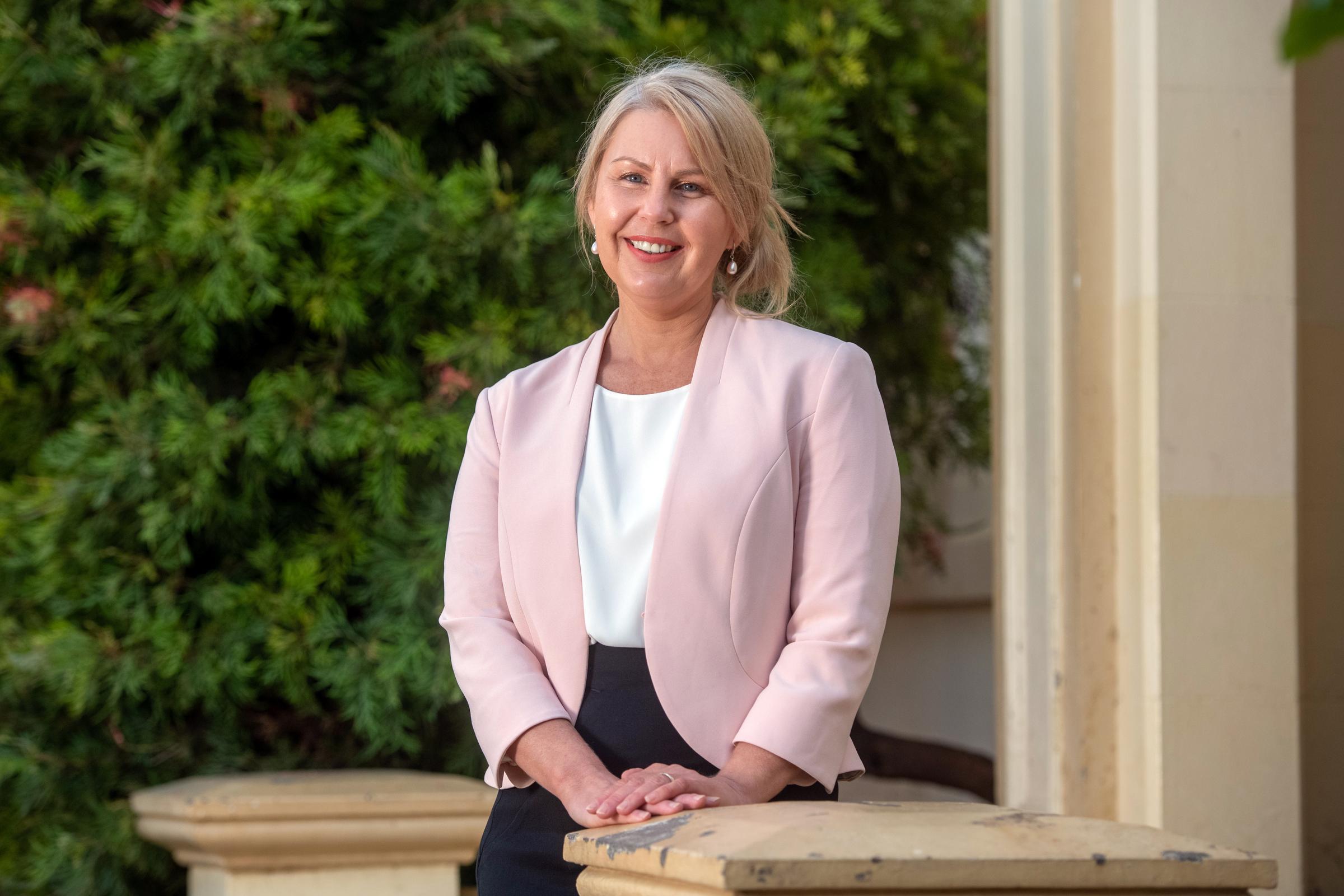From the Acting Head

As we conclude eight weeks of remote learning and reflect on the extraordinary things that our teachers and parents have achieved for our students, you would be forgiven for admitting that you feel a little tired! Fortunately, we have a long weekend to refresh, and I know that having our school full of students again will be the perfect pick-me-up for staff and students alike, to see the Term through.
When I need to energise and especially when I need an antidote to negativity, perhaps unsurprisingly, I turn to science for good news. With the media this week full of stories about riots flaring in the US from protests related to the death of George Floyd at the hands of police, this week was a good one to dig for the positive news. Thanks to science, here are four irresistible headlines and their related stories that I would like to share with you.
“First Hybrid Floating Ocean Platform Can Generate Power From Waves, Wind and Solar”A German company, Sinn Power, has designed a new 3-in-1 floating ocean platform to generate power from waves, wind and solar. The marine energy generator goes where the power of these three forces of nature are often strongest – the ocean. The prototype, which started as a patent application merely two years ago, is now stationed off the coast of Greece.
“Tulane Researchers Find a Switch to Turn Off Aggressive Form of Breast Cancer Growth”Researchers at Tulane University School of Medicine have identified a gene that causes an aggressive form of breast cancer to grow rapidly. More importantly, they have also discovered a way to “turn it off” and inhibit cancer from occurring. The animal study results have been so compelling that the team is now working on FDA approval to begin clinical trials and has published details in the Scientific Reports journal.
“Bionic Eye As Sensitive As The Human Retina May Give Sight to Millions”A visual prosthetic developed by engineers from Hong Kong and the US that is almost as sensitive as the human eye offers hope to hundreds of millions of people around the world who have lost their ability to see due to things like age-related macular degeneration. The bionic eye mimics the dome-shape of the human retina and, imitating biology, nerve-like electrical wires formed from liquid metal are sealed inside rubber tubes which run to the external circuitry for processing the image.
“Neurobiologists Reverse Stroke Damage Using Human Skin Cells”And one close to my Biology heart, researchers at Lund University in Sweden have succeeded in restoring mobility and sensation of touch in stroke-afflicted rats by reprogramming human skin cells and transplanting them into the brain.
I promised myself this column would not focus on the Coronavirus pandemic, because I feel we need a break from negative news. But when I looked a little closer, I did find some remarkable good news stories related to the Coronavirus including; a 103-year-old who survived the COVID-19 virus; thousands of young people volunteering to contract COVID-19 to save others in the future; autonomous cars in Washington delivering thousands of meals to needy families; a Christian church in Germany opening its doors to Muslim worshippers to attend prayers during Ramadan; and hundreds of people making and donating masks for healthcare workers after a small business in New York published a ‘how-to’ 3D-printing guide.
Good news itself is not in short supply, but we may need to search for it. When you find it, I urge you to share it, because good news positively influences others, and that is a contagion worth spreading.
Dr Emma O’Rielly
Acting Head
